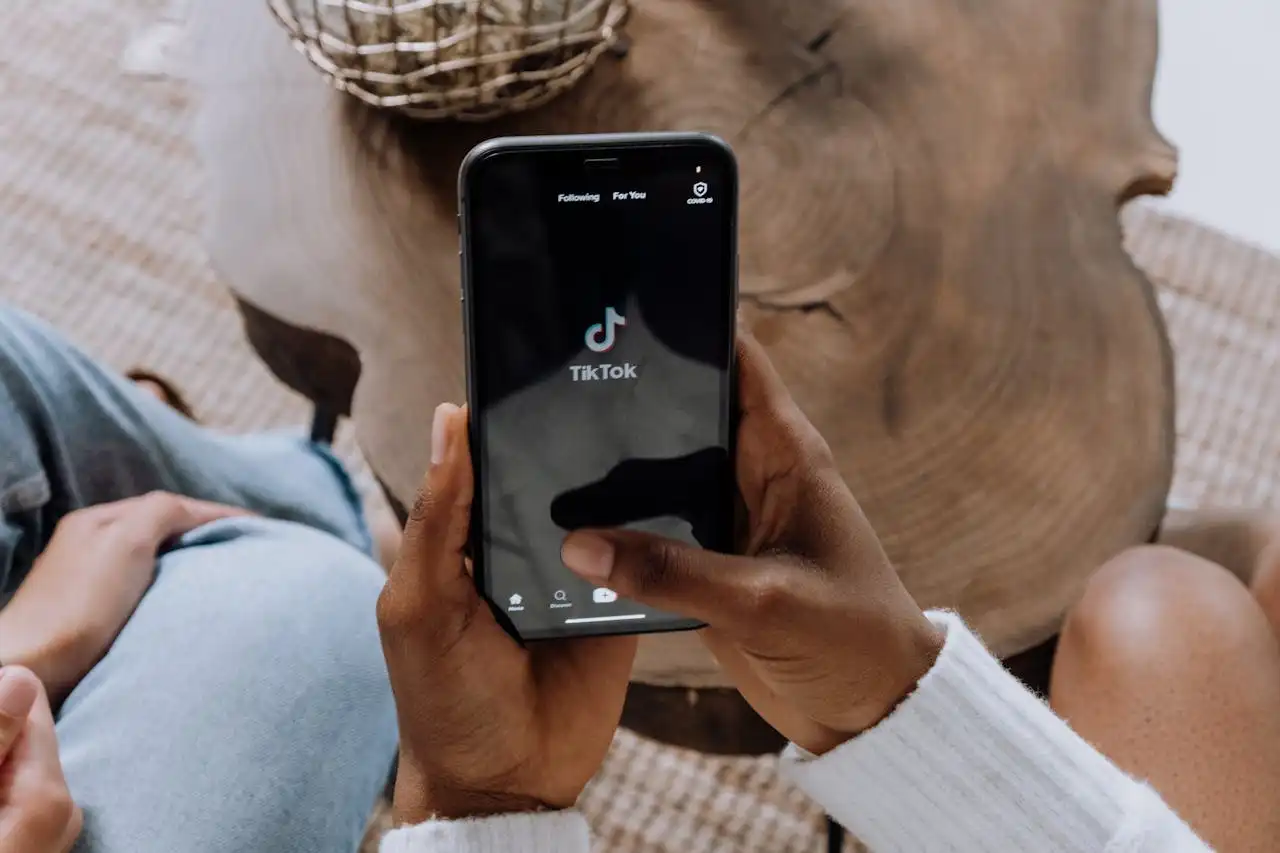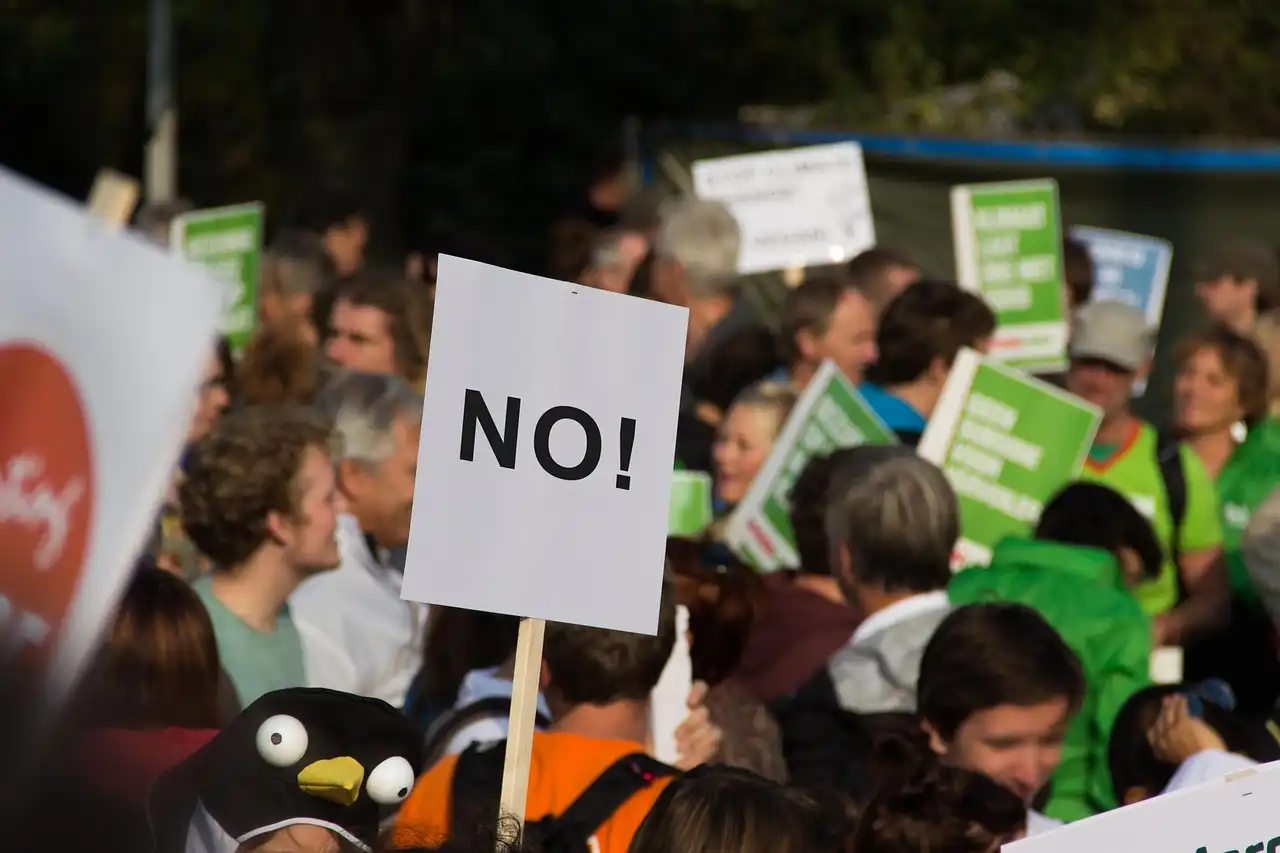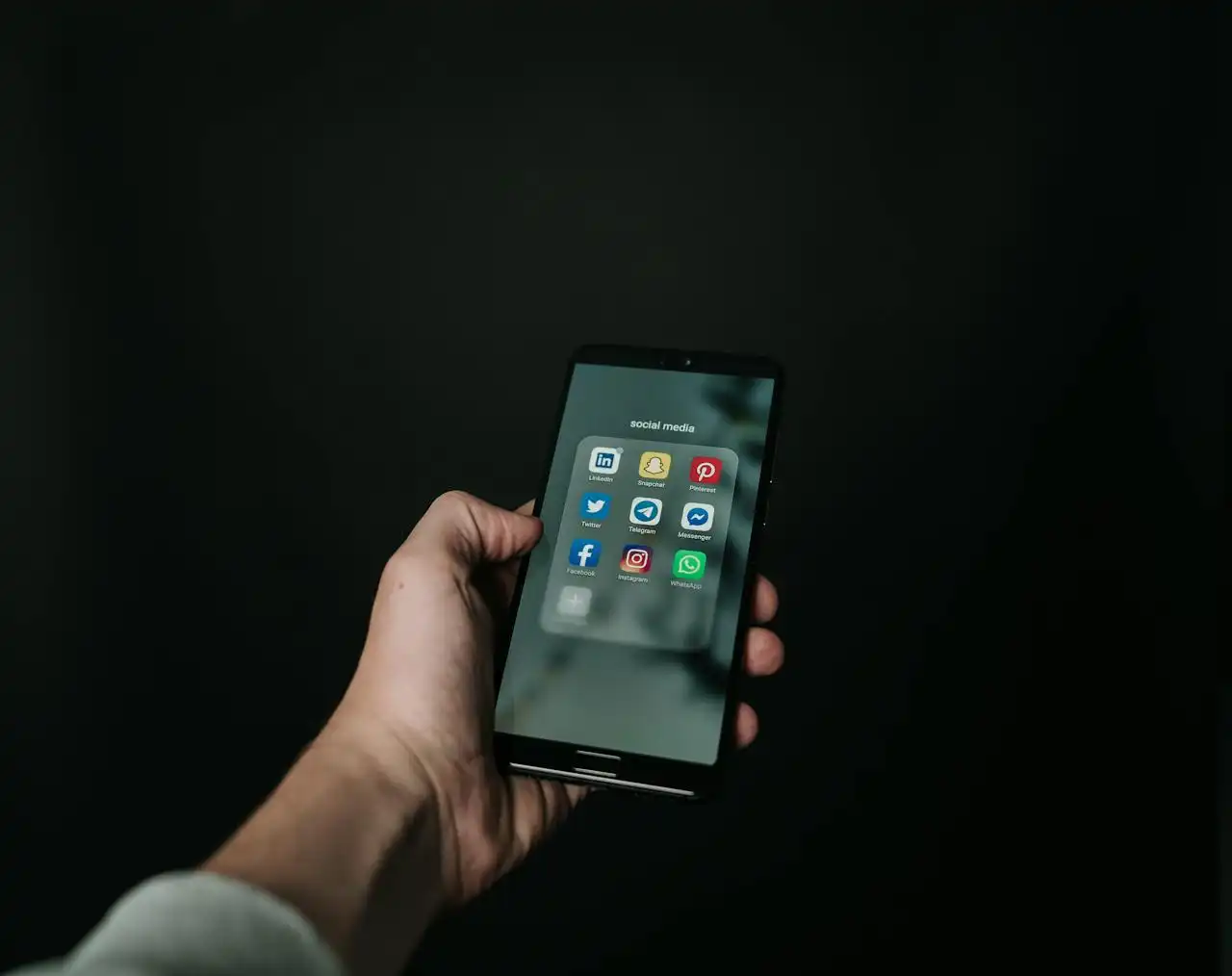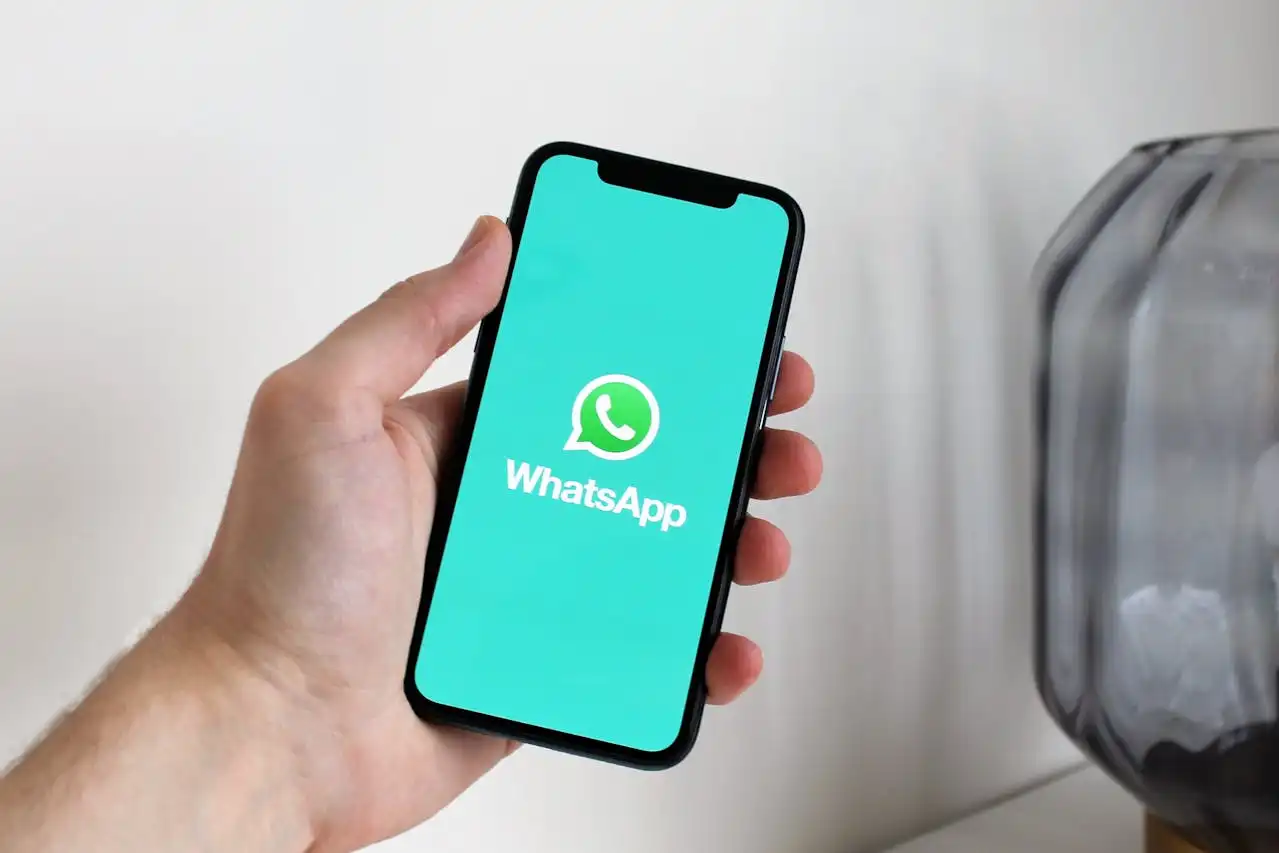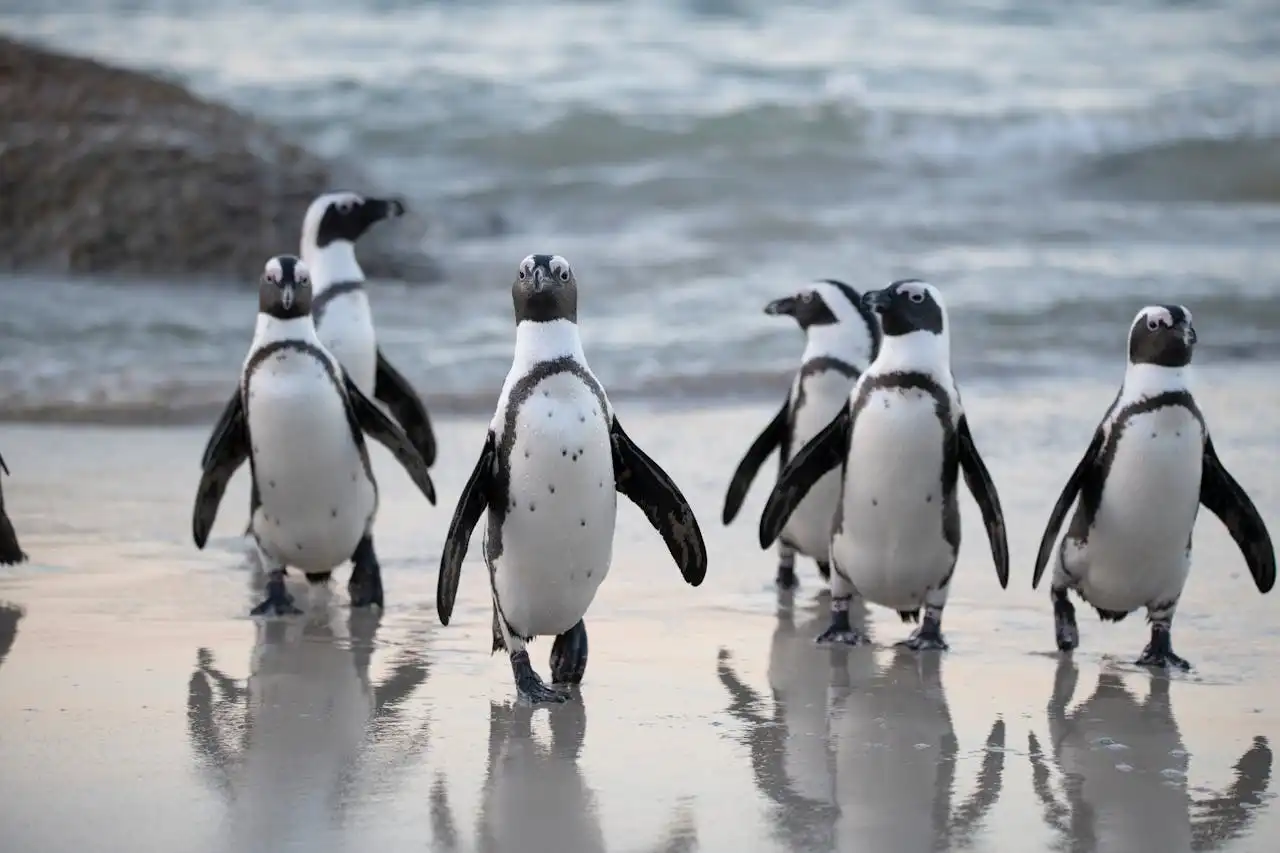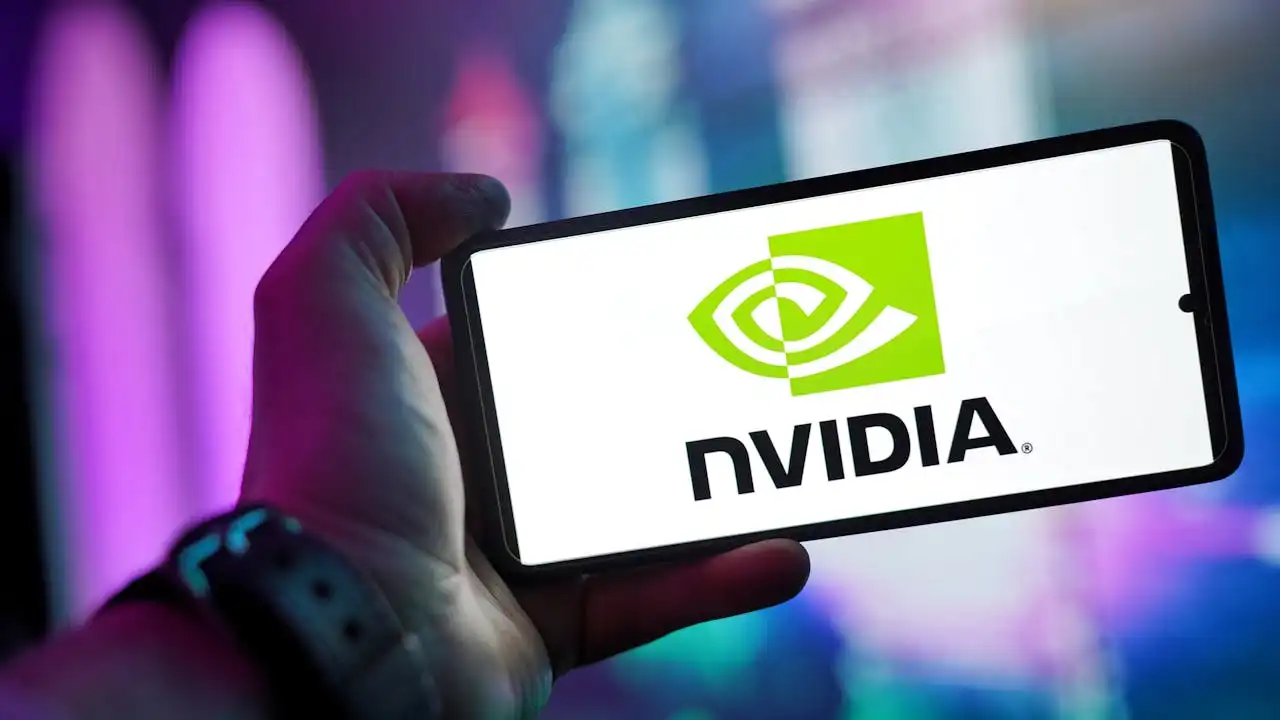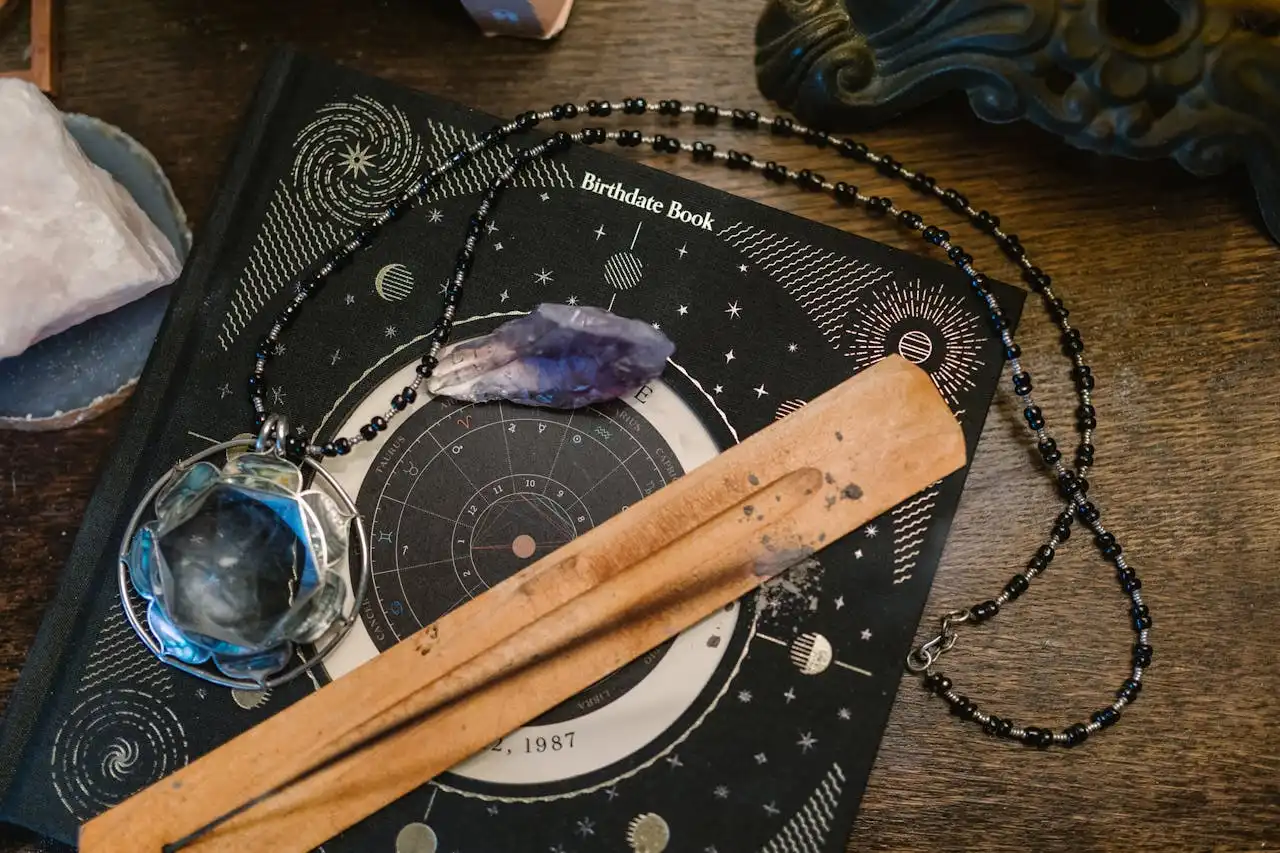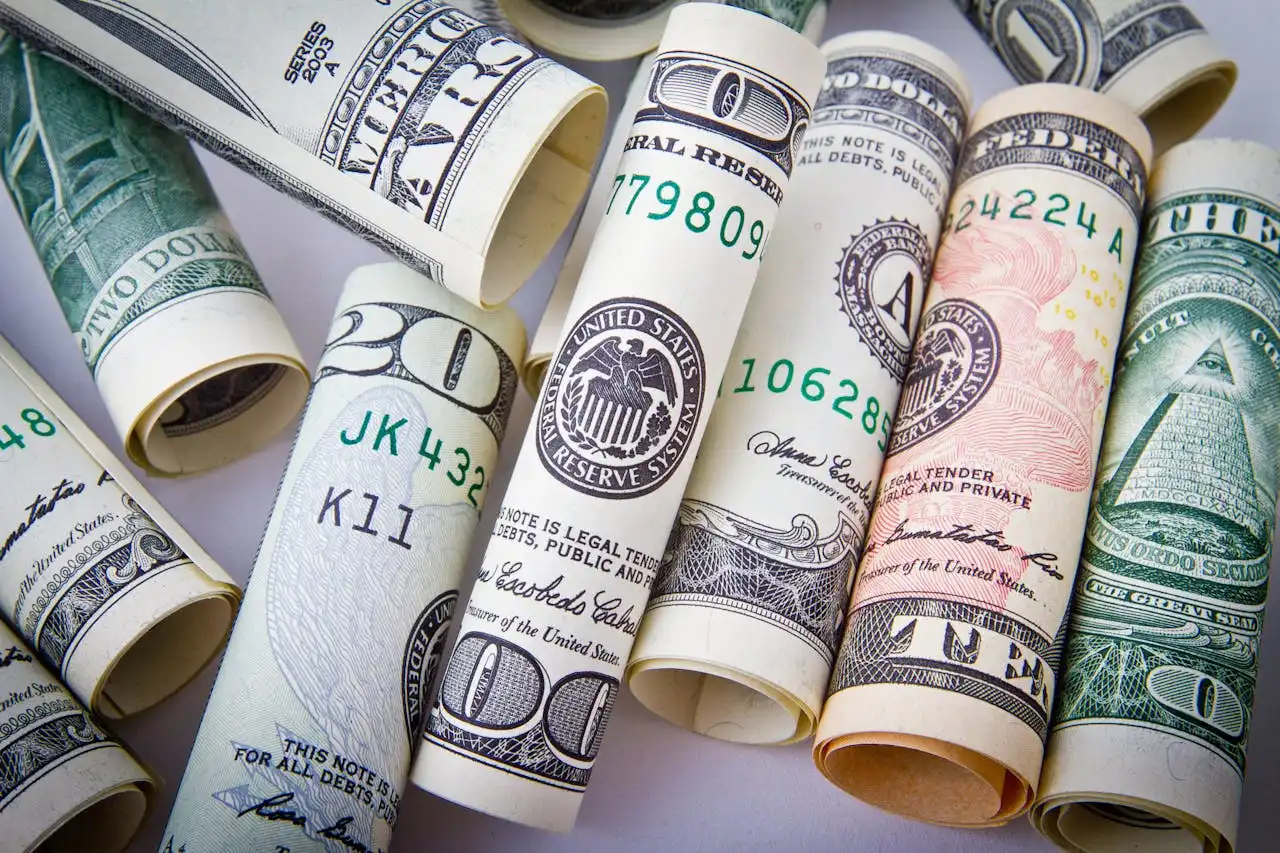Remember when TikTok first started popping up on everyone's phones? For many, it felt like just another fleeting social media craze, a platform for teenagers to lip-sync and do silly dances. Fast forward a few years, and anyone still dismissing it as a mere passing fancy is, frankly, living under a rock. TikTok has unequivocally cemented itself as a colossal force, not just in the digital realm but in the very fabric of global pop culture and the cutthroat world of digital marketing. It's not a trend; it's a whole new universe, constantly expanding and redefining what it means to be famous, to consume content, and for brands to connect with their audience. Think about it. How many times have you heard a song on the radio and thought, "Oh, that's the TikTok song!"? Or seen a dance move suddenly sweep across your social feeds, only to trace its origins back to a viral clip? This isn't coincidence; it's the TikTok effect in full swing. The platform has become the ultimate incubator for cultural phenomena. It democratizes creativity in a way we haven't seen before. Gone are the days when gatekeepers – record labels, Hollywood studios, fashion houses – solely dictated what was cool. Now, a 16-year-old in their bedroom can create a sound or a skit that explodes globally overnight, launching careers and even reviving long-forgotten tracks from decades past. It’s wild how quickly things can blow up on there, isn't it? The music industry, in particular, has been profoundly shaken and reshaped. No longer is radio airplay the sole metric for a hit song. Artists and their teams are now meticulously watching TikTok trends, even crafting snippets of songs specifically designed to go viral. A catchy hook, a danceable beat, or a relatable lyric can send a track into the stratosphere, turning independent artists into household names and giving established acts a fresh lease on life. Remember Fleetwood Mac's "Dreams" resurgence thanks to a guy on a skateboard and cranberry juice? That wasn't some calculated marketing ploy by a label; it was the magic of organic TikTok virality at its finest. Suddenly, grandma's favourite band was cool again, all because of one dude chilling with a juice box. It just goes to show, you never know what's going to catch fire. But TikTok's influence extends far beyond just music and dance. It’s shaping fashion trends, slang, comedy, even food crazes. From "cottagecore" aesthetics to "devious licks" (thankfully, that one faded) to elaborate recipes made with unexpected ingredients, if it's trending on TikTok, it's probably seeping into real-world conversations and consumer habits. The platform thrives on authenticity and relatability. Polished, highly produced content often gets lost in the noise. What resonates is raw, often imperfect, and genuinely human. This has been a huge game-changer for brands trying to navigate the choppy waters of modern marketing. In the realm of digital marketing, TikTok has forced a massive paradigm shift. For years, brands relied on glossy ads and carefully curated campaigns. TikTok threw that playbook out the window. Here, authenticity is king. Brands aren't just pushing products; they're trying to integrate seamlessly into the user experience, often through user-generated content (UGC), engaging challenges, and strategic influencer collaborations. The "For You Page" (FYP) algorithm is a powerful beast, serving up content tailored to individual interests, meaning that even smaller brands or niche products can find their tribe without needing a Super Bowl ad budget. It's a whole different ballgame where being relatable trumps being slick. Influencer marketing on TikTok is also on a whole other level. It's not just about mega-celebrities anymore; micro-influencers and even nano-influencers with smaller, highly engaged followings can drive serious conversions. Why? Because they feel like real people, like friends recommending something they genuinely like. Brands are now looking for creators who can tell a story, make people laugh, or genuinely demonstrate a product's value in a way that feels organic rather than overtly promotional. This shift towards genuine connection over hard selling has been a wake-up call for many traditional marketers who were stuck in their old ways. You can't just plaster an ad up and expect results; you need to join the conversation. What's next for TikTok? The platform is continuously evolving, experimenting with longer-form content, live shopping features, and even educational content. Other social media giants are scrambling to catch up, launching their own short-form video features like Instagram Reels and YouTube Shorts, a clear testament to TikTok's undeniable impact. But TikTok's unique algorithm and its inherent ability to foster viral trends keep it a step ahead. It’s become an indispensable tool for cultural barometer-reading and a potent engine for commerce. So, the next time you find yourself endlessly scrolling through your FYP, remember that you're not just mindlessly consuming content. You're witnessing a cultural phenomenon unfold in real-time, a dynamic ecosystem that's constantly reshaping how we interact, how we discover, and how brands engage with us. TikTok isn't just a platform; it's a permanent fixture in the ever-changing landscape of pop culture and the relentless pace of digital marketing. And honestly, it’s only just getting started.
